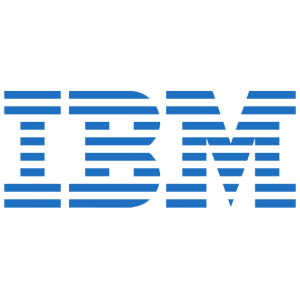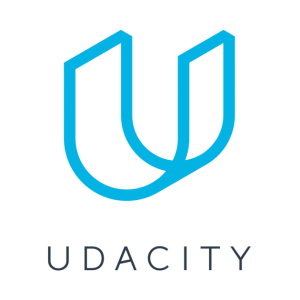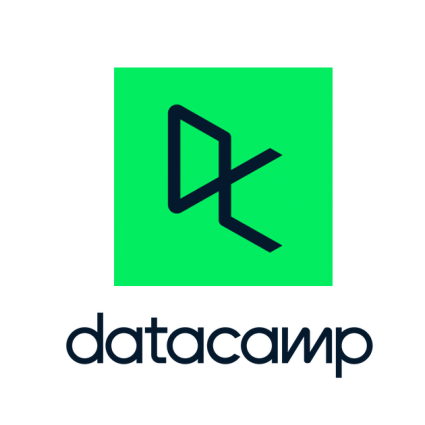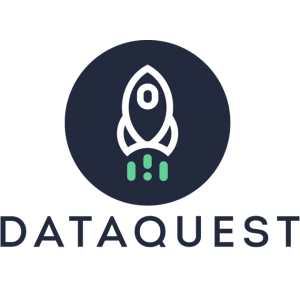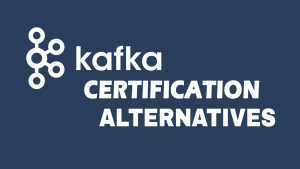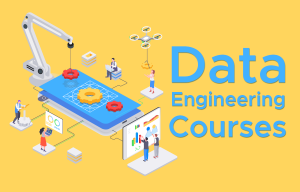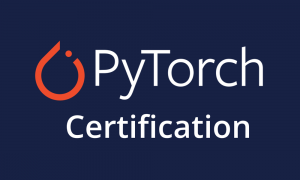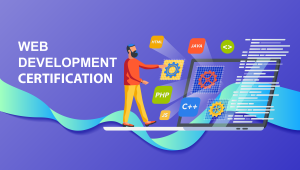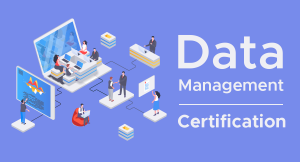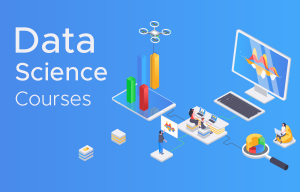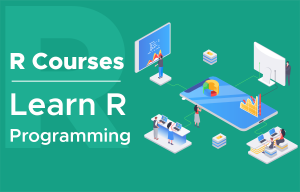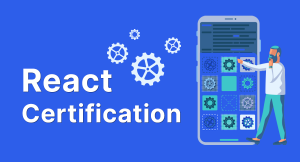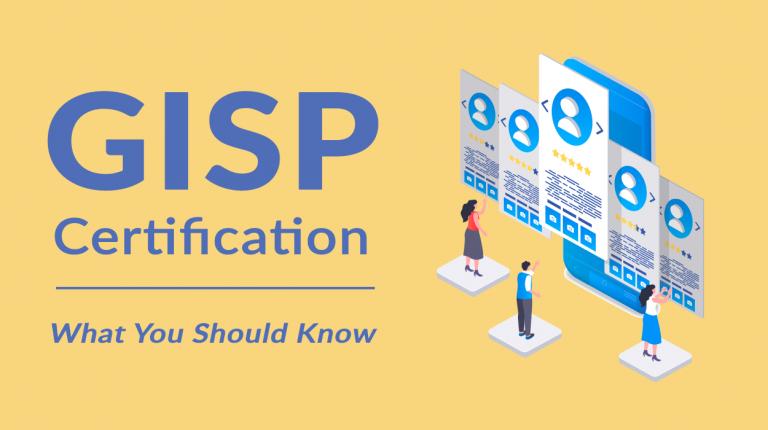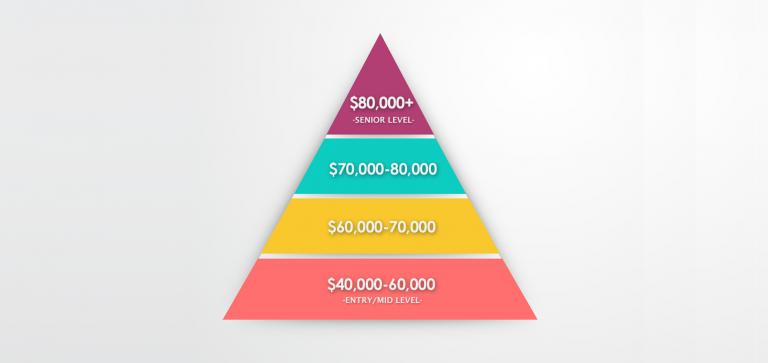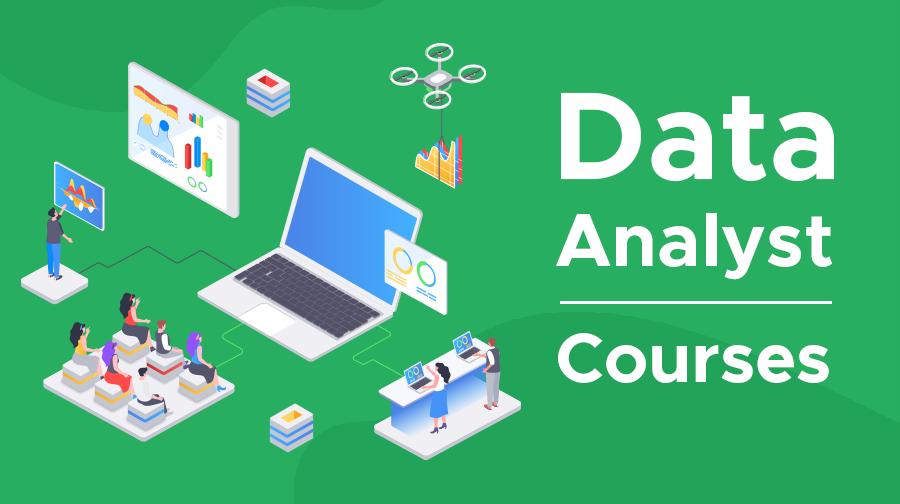
Data Analyst Certification For Beginners
Data analysts are in high demand and the future is looking bright. With a projected 20% growth until 2028, according to the U.S. Bureau of Labor Statistics, data analysts can expect many new opportunities for employment with competitive salaries from companies both small and large alike.
The thing is, there isn’t really one specific definition of what it means to be a data analyst. But there are definitely skills and knowledge that are required in order to work with data effectively.
So if you’re looking to become a data analyst and gain a better understanding of data to help make strategic business decisions, then check out these data analyst certification courses designed specifically for data analysts.
From the basics of SQL programming to tips on how to use Tableau for data visualization, these courses will give you a strong foundation in data analysis, teaching you how to understand and use data to drive any business forward. Start learning today.
1. Data Analyst Professional Certificate (IBM)
The IBM Data Analyst Professional Certificate course is perfect for anyone looking to build job-ready skills in data analytics. You will gain hands-on experience with tasks like data wrangling, data mining, and developing a strong working knowledge of Python language for analyzing data. If you want to become a data analyst, you will learn how to create charts in Excel, work with IBM Cognos Analytics, and much more.
PROS
CONS
COURSES
- Data Analytics Fundamentals: Have a basic understanding of the data ecosystem. Learn about the lifecycle of data analytics and perform some basic analytics using Excel spreadsheets.
- Data Visualization and Building Dashboards: This course is designed to provide you with the fundamental tools and skills necessary to create data visualizations, dashboards, and reports using IBM Cognos Analytics.
- Analyzing Data with Python: Learn how to analyze data in Python using the powerful tools in the SciPy library and the Scikit-learn package.
- Data Analytics and Visualization Capstone Project: Demonstrate your skills and expertise with a project that is aligned with the IBM Data Analytics and Visualization Capstone Project course. You will interact with real-world data and troubleshoot problems to fulfill the Capstone project requirements.
VERDICT
With the IBM Data Analyst Professional Certificate, you’ll be well on your way to an in-demand career as a data analyst. This course will instruct you on how to visualize data using various Python libraries. Plus, you will get a certificate of completion that will prove your skills to potential employers such as using SQL and Python from Jupyter notebooks.
| Instructor | IBM |
| Duration | 10 months (2 – 4 hours per week) |
| Certification | Data Analyst Professional Certificate |
| Coursework | 9 skill-building courses |
| Skills Acquired | Python, SQL, Matplotlib, Seaborn, Folium, Jupyter Notebooks, Numpy, Pandas, and IBM Cognos Analytics |
2. Data Analyst Nanodegree (Udacity)
Do you have some programming skills, but feel like you need more training before taking on complex datasets and data analysis projects? If yes, then the Data Analyst Nanodegree from Udacity is just for you.
In this program, you’ll use Python, SQL, and statistics to uncover insights and communicate your findings. With the skills you learn in this program, you’ll be able to wrangle, explore, analyze, and communicate data working with libraries like NumPy and Pandas.
SAVE 15% OFF when you click the link below until September 30, 2022.
PROS
CONS
COURSES
- Introduction to Data Analysis: Learn how to use Python to wrangle, manipulate, and analyze data with libraries like NumPy and Pandas. Get hands-on skills exploring weather trends in a project to familiarize yourself more with SQL.
- Practical Statistics: Get a better understanding of the statistical methods used by the data science community and how they are applied in practice through A/B tests and supervised models.
- Data Wrangling: Learn how to gather and wrangle data programmatically to prepare it for analysis and visualization using Jupyter Notebook.
- Data Visualization with Python: Get new insights from your data. Explore the most out of your data with Python and learn to visualize it to uncover hidden patterns, inspire new insights, and tell a story.
VERDICT
Data analysts are becoming more and more important in the modern world. They use data to make informed decisions and help businesses grow. In order to be a successful data analyst, you must have strong knowledge of statistics and analysis, as well as the ability to work with analytical models and create data visualizations. So if you’re ready to take your data skills to the next level, then the Data Analyst Nanodegree will assist you in taking on any data analysis project with confidence.
| Instructor | Udacity |
| Duration | 4 months (10 hours per week) |
| Certification | Data Analyst Nanodegree |
| Prerequisites | Python & SQL |
| Skills Acquired | Python, SQL, Jupyter Notebook, NumPy, Pandas, A/B testing, and Supervised Learning |
3. Data Analyst with Python (DataCamp)
Do you want to become a data analyst and specialize in Python? With the Data Analyst with Python Track from DataCamp, you can gain the skills you need to succeed in this growing field – without any coding experience as a prerequisite to get started. In this track, you’ll learn how to manipulate and visualize data using some of the most popular Python libraries, including Pandas, NumPy, Matplotlib, and more. So whether you’re aspiring to be a data professional or researcher, this course will give you the foundation you need to get started.
PROS
CONS
COURSES
- Python for Data Science: Learn the skills data scientists need to be successful. Learn how to wrangle your data with Pandas and the essentials of Python without any prior experience.
- Data Visualization: Gain the skills needed to produce eye-catching and informative data visualizations using Matplotlib. Then, create flexible visualizations in Python using the Seaborn library, which is built on top of Matplotlib.
- SQL and Exploratory Data Analysis: Learn how to build a relational database that accurately mirrors real-world data, and how to use SQL to move, manipulate and study data with exploratory types of analyses.
- Python and SQL Projects: Work through a collection of different types of projects as you progress through the track. For instance, use Twitter’s streaming API, Stanford Open Police Project, and data from the Titanic!
VERDICT
This Data Analyst with Python track is perfect for anyone who wants to become a data analyst. You’ll learn how to use Python to manipulate and explore data, and SQL skills to query databases. With this course, you’ll have everything you need to start your journey down the path of becoming a successful data analyst learning with step-by-step instructions.
| Instructor | DataCamp |
| Duration | 66 hours |
| Certification | Data Analyst with Python |
| Coursework | 17 Skill-Building Courses |
| Skills Acquired | Python, SQL, Pandas, NumPy, Matplotlib, and Seaborn |
4. Data Analyst in Python (Dataquest)
Dataquest has been gaining a lot of traction for its data science education. With this career track, you will learn how to apply Python programming in your work and gain extensive experience using the Python ecosystem. The Data Analyst in Python program is taught via hands-on project work that enables students to analyze large datasets with machine learning techniques.
PROS
CONS
COURSES
- Beginner/Intermediate Python Programming: Learn everything from loops, conditionals, data types, functions, and packages like Pandas and NumPy to build up your Python skills.
- Data Visualization: This course is the perfect complement to your Data Science course with Dataquest. It will give you the skills to make powerful and compelling data visualizations that tell an engaging story. through Matplotlib.
- SQL Fundamentals: Learn how to work with a database and extract data from it using SQL. You’ll also learn how to use APIs and web scraping in Python and business analytics.
- Statistics Fundamentals: Take a deep dive into a range of statistical concepts like sampling, distribution, variability, z-scores, and probability theory.
- Version Control: Get your hands dirty, learn how Git can be helpful, and get a better sense of the version control system that is essential in the data science world, allowing you to easily collaborate with your team.
VERDICT
Data analysis is a revolutionary field with an ever-changing landscape. It requires a person to have an understanding of computer science, mathematics, statistics, and data visualization. To stay competitive, you must use the most current programming language for your tasks. With Python being a popular choice in the industry nowadays, it is the perfect tool for data analysts who want to gain more experience. Enroll in the Data Analyst in Python career track to become a data analyst today.
| Instructor | Dataquest |
| Coursework | 24 skill-building courses |
| Certification | Data Analyst in Python |
| Level | Beginner/Intermediate |
| Skills Acquired | Python, SQL, Web scraping, APIs, Git, Jupyter Notebooks, Pandas, NumPy, and Matplotlib |
5. Data Analytics Professional Certificate (Google)
Google has created the Data Analytics Professional Certificate to help people who are interested in data science and are looking for a career in the realm of computer science. This certificate is perfect for those who want to enter the field but don’t have any experience with programming as it’s at a beginner level. This 8-course certificate program can help you get off the right foot for a successful data analyst career.
PROS
CONS
COURSES
- Data Analysts Overview: Get an inside look at what it means to be a data analyst, and how they use the practices and processes to make their job easier.
- Analyzing Data: In this course, you will learn how to use tools like spreadsheets, SQL, R programming, and Tableau in your day-to-day work.
- Data Management and Organization: Get the full picture of how to use SQL and R to manage data. This course is designed to teach you the skills you need to make sense of your data and plan for your workflow.
- Visualize Data: You will learn how to use data to make better decisions and visualize data to effectively communicate your findings.
- Capstone Project and Case Study: Gain a competitive edge with the Capstone course. You’ll learn how to extract actionable insights from your data and use the resulting insights to make informed and effective decisions.
VERDICT
The Google Professional Certificate in Data Analytics prepares you to learn the fundamental concepts of data analytics, including how to use machine learning, predictive modeling, and online data visualization. This certificate will also include hands-on project experience using data to make inferences and meaningful insights. The program culminates with a capstone course that includes producing a case study on a real-world industry using data analytics.
| Instructor | |
| Duration | 6 months (10 hours per week) |
| Certification | Google Data Analytics Professional Certificate |
| Level | Beginner |
| Skills Acquired | R Programming, SQL, Tableau, Tidyverse, RStudio, and R Markdown |
Data Analyst Certification For Beginners
The demand for data analysts is surging and will continue to grow at a rapid pace. Not only is it in high demand, but data scientists are a high-paying career.
Data analysts are also the lifeblood of any business because they help drive strategic decisions for businesses of any size or scale.
You can enroll in any of the data analyst training courses we reviewed today. This will give you the foundation for other data disciplines such as Data Science or Data Engineering.
If you want to get into the field of data science but don’t have the training to actually understand it, then you can get your start by enrolling in any one of these training courses today. Otherwise, check out the list below to get started in the field of data science.
- 10 Best Data Science Courses and Certification
- Data Engineer Courses for Online Learning
- 10 Data Visualization Certification and Courses
- Data Management Certification Courses
- SQL Certification Courses – Structured Query Language

